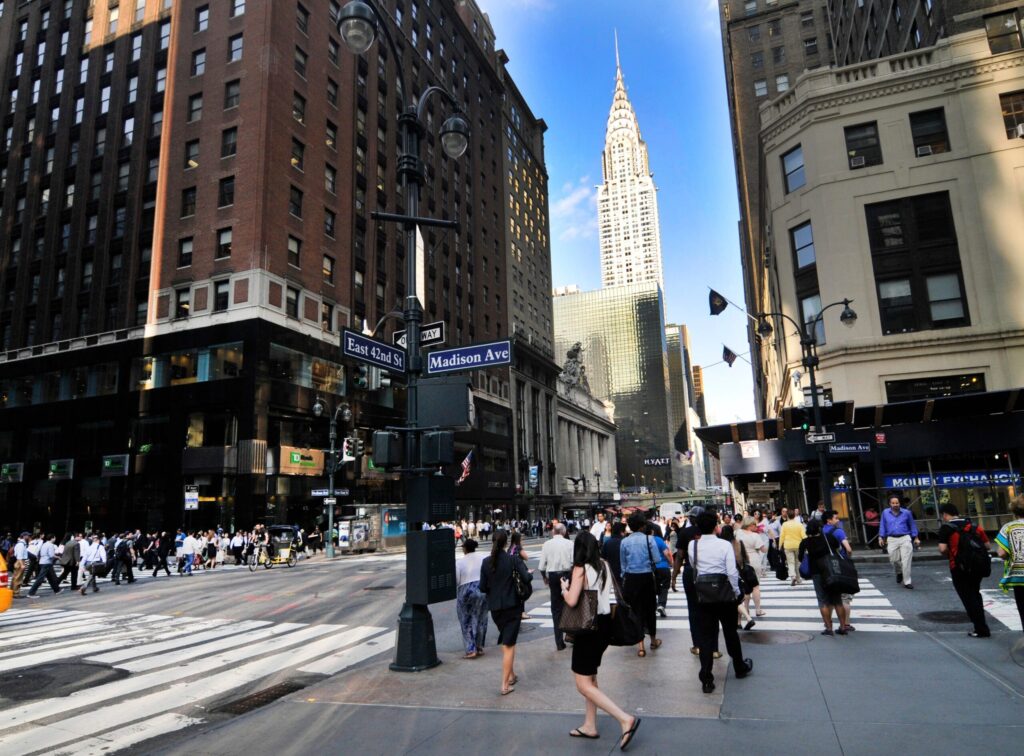Emerging markets ‘more attractive’
Disruption could benefit Gulf
Gulf Arab sovereign wealth funds, including Abu Dhabi’s Mubadala Investment Co. and Saudi Arabia’s Neom Investment Fund, see both risk and opportunity amid heightened global trade tensions linked to US import tariffs.
“We know what an economic recession looks like – here we’re dealing with something slightly different,” says Oscar Fahlgren, chief investment officer at Mubadala’s alternative asset manager Mubadala Capital.
“It’s not entirely clear what the rules of engagement are. They keep changing, and uncertainty is something that investors don’t like in general.”
Speaking this week at the Milken Institute’s annual Global Conference in Los Angeles, Fahlgren says the US may lose out to inward investment in favour of emerging markets.
“What is happening today is that with the US becoming increasingly unstable or volatile, the emerging markets are becoming more attractive,” Fahlgren says.
Between them, Gulf Arab sovereign wealth funds control trillions of dollars of assets around the world, including the US. How and where they invest can make or break projects.
The Gulf, home to the two largest Arab economies, Saudi Arabia and the UAE, could benefit from the disruption to the global trading system. The tensions are primarily focused around trade relations between the world’s two largest economies, the US and China.
Global capital flows towards the six-member GCC are picking up, says Neom Investment Fund (NIF) CEO Majid Mufti at the same Los Angeles conference. NIF is the strategic investment arm of Neom, a $500 billion project in Saudi Arabia aimed at creating a futuristic, sustainable city.
“We’re seeing companies coming in from Europe where it’s also very expensive on the energy side, the labour laws,” he says. “We’re seeing Asian companies looking for an extension of where they exist today.”
Amid the volatility in global markets, the Abu Dhabi Investment Council (Adic), a Mubalada unit, also sees opportunity. In 2008 Adic bought a 90 percent stake in New York’s Chrysler Building as it sought to expand its investments outside its home base.
“There are opportunities that come in terms of flow of capital to certain pockets,” says Shiv Srinivasan, Adic chief investment officer, without being more specific. He was speaking at the same conference.
Even the US might get some Gulf capital, according to Sara Nooruddin, deputy chief investment officer for Osool Asset Management, the investment arm of Bahrain’s Social Insurance Organisation and Military Pension Fund.
“We believe that there are a lot of niche opportunities that will come out because of this uncertainty,” she says.
It is against this background that President Donald Trump visits Saudi Arabia, the UAE and Qatar next week. Between them, the trio have pledged to invest and trade at least $2 trillion with the US over the next four to 10 years. President Trump is looking for at least another $400 billion on top of that.
For Nayef Al-Hajraf, a former minister of finance of Kuwait, the risks outweigh the opportunities. The Gulf oil producer is home to the world’s fifth biggest sovereign wealth fund, the Kuwait Investment Authority, with assets worth more than $1 trillion.
“You can’t plan your business strategy if there’s ambiguity everywhere,” Al-Hajraf says. “Yes, there might be an opportunity, but the potential will be very difficult to oversee unless we have more clarification of what is the intention of the Trump administration for the next four years.”



